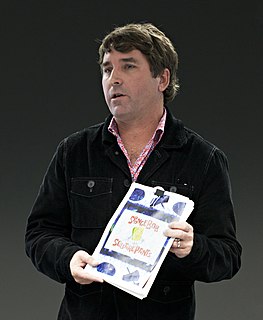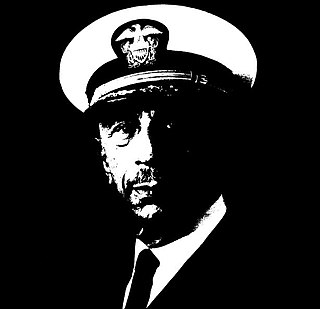A Quote by Cathleen Schine
Michael Chabon has long moved easily between the playful, heartfelt realism of novels like 'The Mysteries of Pittsburgh' and 'Wonder Boys' and his playful, heartfelt, more fantastical novels like 'The Amazing Adventures of Kavalier & Clay' and 'The Yiddish Policemen's Union.'
Related Quotes
Our characters act silly, even totally ridiculous at times, and most of our jokes don't come out of pop cultural references. It seems like we're aiming at a child audience, but everyone can laugh at the basic human traits that are funny. It's playful, the humor is playful, the world is playful. You can kind of let go.
So the city [Pittsburgh] was faced with that question of "What to do now?" because it can't turn back the clock and be what it once was. So thematically, it seemed like the perfect location for the movie. And then, it's a matter of how we get that feeling into the picture and make it a part of [Michael] Chabon's story.




































